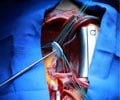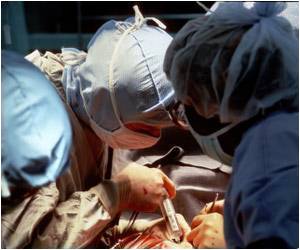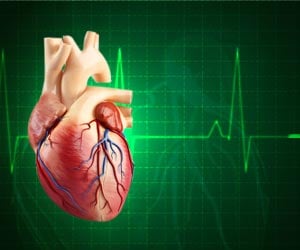Computer-designed customized regenerative heart valve, an artificial heart valve which can grow, regenerate and predict computer simulations can be used in the treatment of valvular heart disease was successfully developed.

TOP INSIGHT
An artificial heart valve which can grow, regenerate and predict computer simulations was successfully designed can be used efficiently in the treatment of valvular heart disease.
An international consortium led by UZH Professor Simon P. Hoerstrup has now reached a milestone on the road towards being able to treat heart patients using new heart valves cultured from human cells: As part of the EU-funded project LifeValve, for the first time the team, using computer simulations, succeeded in individually predicting how well cultured heart valves would grow, regenerate, and function in large animal models (sheep). "Thanks to the simulations, we can optimize the design and composition of the regenerative heart valves and develop customized implants for use in therapy," says Hoerstrup of the Institute of Regenerative Medicine at UZH.
Predicting regeneration - an important step towards clinical application
In particular, changes to the structure of the heart valve that occur in the body during the dynamic regeneration process can be predicted by computer simulations and anticipated accordingly in the design. The results that have been published in the journal Science Translational Medicine are a significant step towards the routine application of the Zurich-developed tissue engineering technology in the future. Moreover, the findings provide a basic conceptual contribution that will aid the successful transfer to clinical use of new bioengineering technologies in regenerative medicine.
Current prostheses have to be regularly replaced in children
No one-size-fits-all solution
The University Children's Hospital Zurich is currently preparing a study treating children who have congenital heart defects with tissue-engineered blood vessels, developed as part of the LifeMatrix project by Wyss Zurich. Wyss Zurich is a new center run jointly by the University of Zurich and ETH to support the clinical translation of innovative findings into novel medical therapies in the areas of regenerative medicine and robotics.
Source-Eurekalert
 MEDINDIA
MEDINDIA




 Email
Email








